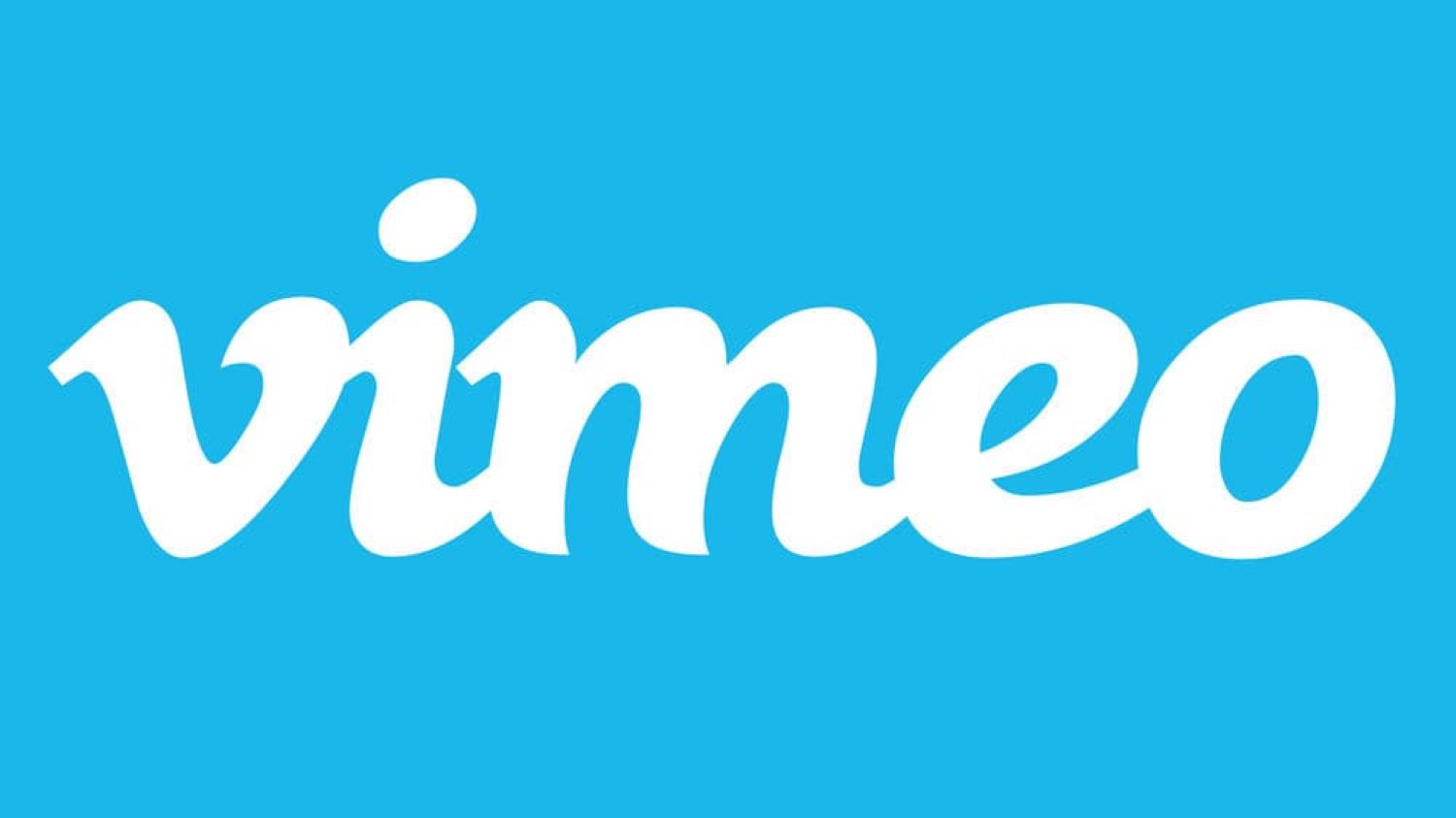Blogs vs. Vlogs? Which one will come out on top? It might be challenging to imagine, but this question has been asked hundreds of times by professional bloggers and many people interested in their profession. However, the main question remains: why is one type of content more popular? This article will delve into the key differences between blogs and vlogs.
This article sheds some light on this problem by listing both sides’ arguments regarding Blogs vs. Vlogs, showing the pros and cons of each one. In today’s digital era, blogging and vlogging have become two dominant forms of content creation. We have also guided you about the major platforms for blogging and vlogging.
Discover tips and strategies for creating excellent content and learn how to handle the ever-changing digital era. Keep reading to discover the exciting world of blogs versus vlogs.
See Also: 15 Must-Read Best Digital Marketing Blogs in 2024
Blogs vs. Vlogs: What is the Difference?
Here are the critical differences between Blogs Vs. Vlogs:
| Factors | Blog | Vlog |
| Format | A blog is primarily text-based and often includes written articles. | A vlog is primarily video-based and includes recorded footage of the creator speaking or performing various actions. |
| Audience engagement | Blogs often rely on readers leaving comments and engaging in a dialogue with the blogger. | Vlogs typically rely on viewers leaving a like or comment as a form of engagement. |
| Length | Blogs can be of any length. | Vlogs are usually shorter and to the point. |
| Production | Blogs can be written and published quickly and with minimal equipment | Vlogs require a camera, editing software, and more time to produce. |
| Audience | Blogs tend to have a more diverse audience | Vlogs tend to have a younger audience. |
| Content | Blogs can cover a wide range of topics. | Vlogs tend to focus on personal experiences and daily life. |
| Searchability | Blogs are more easily searchable by search engines. | Vlogs are more difficult to find unless through video platforms like YouTube. |
What is a Blog?
Blogs can cover personal diary entries to news and analysis on specific topics. Many bloggers use their platform to share their thoughts and opinions on current events, provide information on a particular topic, or document their daily lives.
Pros and Cons of Blog
Here are some pros and cons of the blog:
Pros
- Brand building: By making the website or company an authority in its field and giving it a voice, blogging can aid in developing a brand.
- Customer engagement: Blogging can increase consumer engagement by giving a platform for two-way communication and enabling people to communicate with the website or business.
- Cost-effective: Blogging is a low-cost way to market a company or website because it requires little investment and can be done in-house with few resources.
Cons
- Lack of control: Blogs are often hosted on third-party platforms, meaning the blogger has limited control over the blog’s design, layout, and functionality.
- Difficulty in monetizing: Monetizing a blog can be challenging, and it may take a long time to generate significant revenue from advertising or affiliate marketing.
- Limited SEO potential: Blogs are only sometimes optimized for search engines, making it challenging to attract organic traffic, and this can limit the potential for generating revenue from the blog.
What is a Vlog?
Videos for video blogs: Vlogs are similar to blogs featuring regularly updated content. However, instead of written articles, vlogs consist of videos ranging from a few minutes to an hour.Vloggers often use their platform to share their daily lives and experiences, provide information and tutorials on a particular topic, or entertain their audience.
See also: How to Pitch to Hotels as a Blogger: 5 Best Ways
Pros and Cons of Vlog
Here are some pros and cons of vlogs:
Pros
- Increased Engagement: Vlogging allows creators to connect with their audience more personally, leading to increased engagement and a stronger sense of community among viewers.
- Improved SEO: Vlogs can help improve a website’s search engine optimization (SEO) by generating more backlinks and driving more traffic to the site.
- Potential for Monetization: Vlogging can be profitable, as creators can earn money through sponsorships, advertising, and merchandise sales.
Cons
- Requires equipment and technical skills: Vlogging often requires a good camera, microphone, editing software, and the skills to use them effectively.
- Can be expensive: In addition to the cost of equipment, vlogging may also require expenses such as travel, props, and other production costs.
- The constant pressure to produce content: Vlogging can be addictive and pressure vloggers to produce new content regularly, which can be stressful.
Major Platforms for Blogging and Vlogging
Here are some significant platforms for Blog vs. Vlog
For Blogging
There are several major blogging platforms, including:
- WordPress: WordPress, is one of the most popular and widely used blog platforms.
 It provides users with various features and customization options.
It provides users with various features and customization options. - Blogger: Blogger, owned by Google, is a simple and user-friendly platform to set up and use.
 This is very convenient to use.
This is very convenient to use. - Tumblr: A popular microblogging platform for its easy-to-use interface and built-in social features.
 You can try this too.
You can try this too. - Medium: A platform focusing on high-quality content.
 It allows users to share their stories and ideas with a large audience.
It allows users to share their stories and ideas with a large audience. - Ghost: Ghost is a cutting-edge, open-source platform for professional bloggers and online publishers.
 Visit this once also.
Visit this once also. - Weebly: A website builder with built-in blogging functionality.
 Wix: Another website builder that includes a blog feature. Making it easy to create a website and blog all in one place.
Wix: Another website builder that includes a blog feature. Making it easy to create a website and blog all in one place. - Squarespace: Squarespace is a website builder with many layouts and design possibilities.
 Also a robust blogging platform.
Also a robust blogging platform.
These are some of the most popular platforms for blogging. But many other options are available, depending on your needs and preferences.
For Vlogging
There are several major vlogging platforms, including:
- YouTube: The most popular platform for vlogging.
 This also gives a wide variety of content creators and a large audience.
This also gives a wide variety of content creators and a large audience. - TikTok: A social networking app that has grown in popularity recently.
 Also, focusing on short-form videos and a younger audience.
Also, focusing on short-form videos and a younger audience. - Instagram: A popular platform for vlogging with a focus on visual content.
 It has a strong emphasis on engagement with followers.
It has a strong emphasis on engagement with followers. - Twitch: Originally known as a platform for gaming, Twitch has expanded to include vlogging.
 Also, other types of content, such as music and creative arts.
Also, other types of content, such as music and creative arts. - Facebook: A platform that has been around for a while, with a large user base.
 But has not traditionally been as popular for vlogging as some of the other platforms listed here.
But has not traditionally been as popular for vlogging as some of the other platforms listed here. - LinkedIn: A platform mainly for professional networking.
 It has also been gaining popularity for vlogging and personal branding.
It has also been gaining popularity for vlogging and personal branding. - Vimeo: A video-sharing platform focused on creative content.
 It is less popular than YouTube but still has a dedicated community of bloggers.
It is less popular than YouTube but still has a dedicated community of bloggers.
FAQs
Can a blog be a vlog?
A blog can be a vlog if it includes video and written content. A vlog is a video blog, which primarily consists of video content, but it can also include written content, photos, and other forms of media. So, a blog can be a vlog if it includes vlogging as one of its content formats.
Can a vlog be a blog?
A blog and a vlog are different types of content, but a blog can include videos and be considered a vlog. Some blogs may include text and video content; in this case, it can be considered a vlog.
Which is better for SEO?
Both blogs and vlogs can be effective for SEO (Search Engine Optimization) as long as they are well-written and optimized for keywords. However, text-based content is often easier to optimize for search engines and can be more easily shared on social media. Additionally, videos can be transcribed and indexed by search engines which will help your video to be found in search results.
Which is better for building an audience?
Both blogs and vlogs can be effective for building an audience as long as the content is high-quality and resonates with the target audience. However, vlogs have the advantage of being more personal and engaging, which can help to build a stronger emotional connection with viewers.
What is a more profitable vlog or blog?
Both vlogging and blogging can be profitable. Still, the potential for profitability will depend on various factors, such as the niche or topic, the audience, the level of engagement, and the monetization strategy. Ultimately, the most profitable platform will depend on the individual's strengths, audience, and monetization strategy.
Conclusion
In summary, Blogs vs. Vlogs are both popular forms of online content that offer different benefits and have unique audiences. While vlogs may be more visually appealing. And having the potential to reach a wider audience, blogs will continue to be a valuable source of information and ideas for readers. With technology and social media continuing to evolve, both forms of online content will continue to grow and change.
See Also: What Is Blogger Draft? How To Use Blogger Draft Mode?

